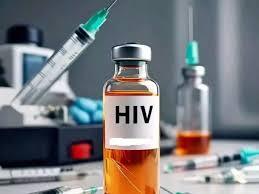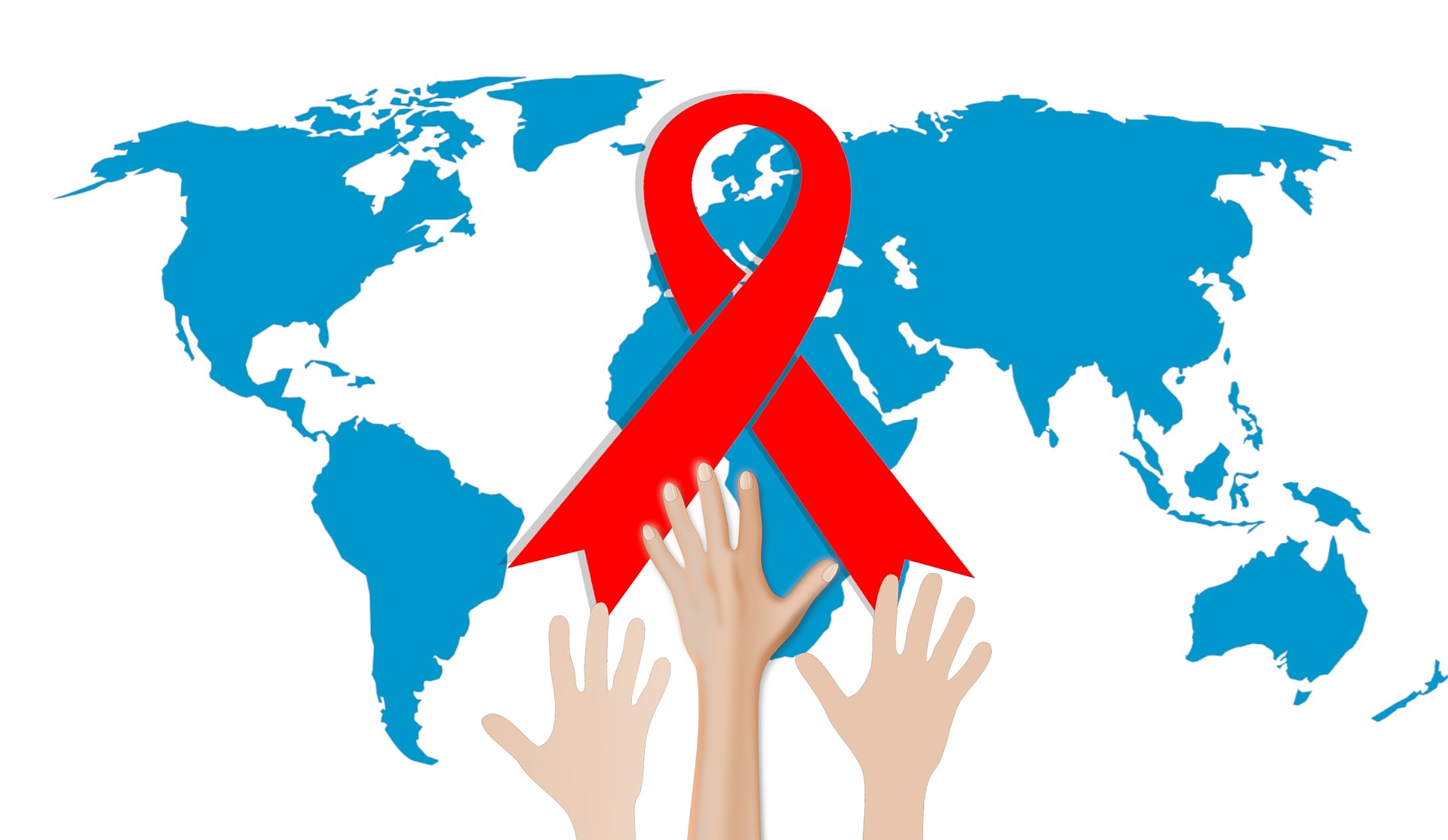Many people drown themselves in a tub of ice cream after a gruelling day. Though, when one quick ice cream scoop seems to be an eat fest, it is essential to notice eating patterns to understand if your cravings for food choices are triggered by hunger or by stress. People can develop many eating disorders and unhealthy eating habits due to stress.
A clinical dietician, Priyanka Lulla from Sir HN Reliance Foundation Hospital, Mumbai says that stress discharges hormones that can cause variations in eating habits that trigger people to eat high-carb and high-fat food to feel better. Many studies show that the body craves high carbohydrate, salt, and fat foods in stressful situations.
Priyanka Lulla shares some tips to identify stressful eating and guilt-induced binge eating. Lulla says it is essential for people to keep track of eating patterns whether they are eating due to hunger or a retort to an emotion, it will help recognize triggers in the future. Although sadness and stress are the common reasons for stress eating, eating habits can also be affected at social gatherings as well.
Studies reveal that visual exposure to high-calorie foods stimulates cravings
Studies reveal that visual exposure to high-calorie foods stimulates cravings. Foods like baked goods, chips, sodas, and candies should not be easily accessible in the house or car for a quick bite. People should indulge in mindful eating. They should avoid watching TV or smartphones while having food. Keeping a record journal of food consumption and eating patterns can help assess your eating patterns and find any triggers of stress eating.
From Pregnancy to Postpartum: Nurturing Health with Nutrient-Rich Diets for Expectant and New Mothers | ALSO READ
Consumption of high-fibre and protein foods is good for health as well as for reducing episodes of stress eating. Making some lifestyle changes as well can prevent people from stress eating such as exercise, good sleep, recreational activities, and having a balanced and mindful diet.











